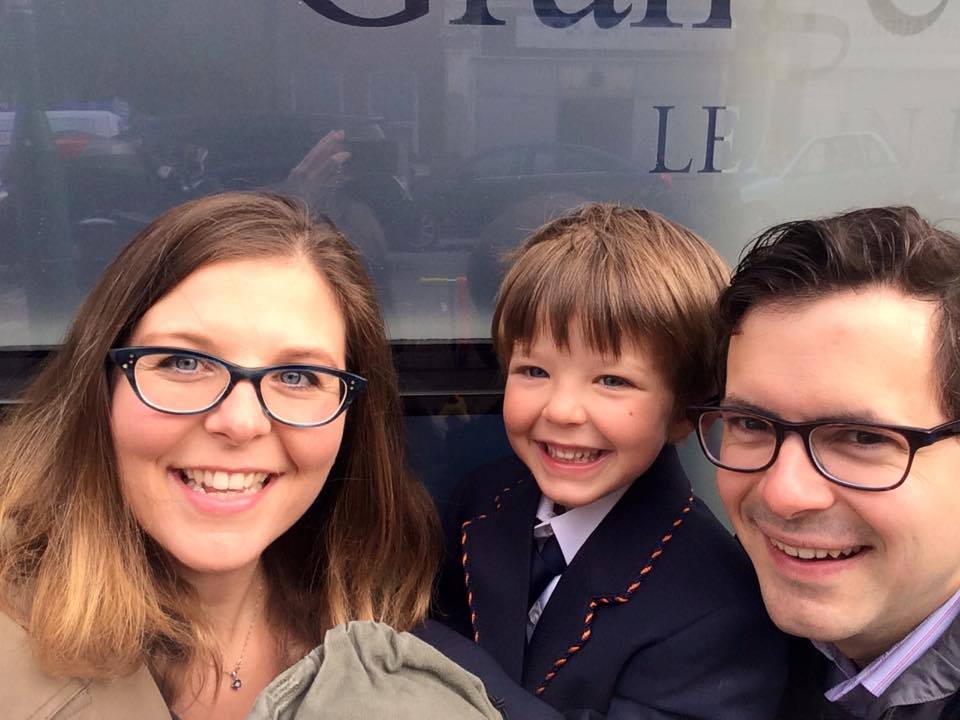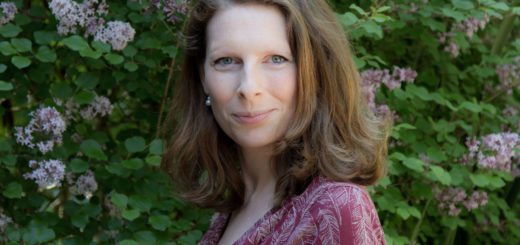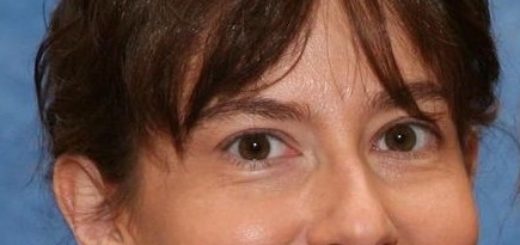A different approach to education by Silvia Dalvit Ménabé of Babybrains
Silvia studied psychology at the LMU in Munich, Germany, and gained her PhD in neuroscience from the University of London, completing her thesis on an EEG study on the relationship between attention and memory. After her doctorate, she joined Mountainview, a company of cognitive psychologists offering research services and teaching brain science to businesses.
In 2011 Silvia gave birth to her son Raphaël, in 2012 she founded BABYBRAINS, in 2013 her second son Francesco was born. She took a little break in 2014 but she came back with two big news in 2015: baby Leo and a new project to support positive birth in Italy (www.partopositivo.blogspot.com). She and her family fluently speak Italian, French and English.
She firmly believes that insights from neuroscience can help us out of ‘industrial parenting’ and into a more balanced, natural and fun experience of growing up together.
Among all things child related, education is probably the one that it is more worth worrying about (if ever it is worth worrying about something. Caring would be better… But if you add a lot of love, a pinch of fear and a tad of sleep-deprivation to the mix…you might well end up with worry. At least this is what happened to me). The thing is that education has a pretty direct impact on who your child is going to become. What you know, whom you know, how you think… This is a big part of who you are and there is no doubt that school contributes to shape all these things quite strongly.
School is where children learn to solve problems. School is where children learn to be social. To understand what they need and to ask for it, to work for it, to fight for it. To recognise what they are feeling and to put it into words. To set goals and to work to achieve them. To learn resilience, loyalty, passion, perseverance, satisfaction, pride, politeness, forbearance, consideration, mindfulness, courage, to name but a few.
No doubt children will learn some of that from their parents, friends and relatives. But families do need a trusted partner to work with and support them along the way with professional knowledge and a touch of objectivity.
Even more importantly, parents need to find a place that allows for each child’s thirst of knowledge to grow and expand. A place that does not nip it in the bud, but rather builds on it and lets each child be in charge of his own learning adventure. Because that is what children are born to do: to learn.
The only thing a child’s brain really wants is to discover and understand.
Children (and adults for that matter) learn best when they themselves discover the answers to their questions.
This means they need time and space to experiment. They need time and space to be in doubt. They need time and space to fail.
A child that comes to his knowledge this way will be an open-minded problem-solver.
What better profile do you need to succeed and be happy?
When we get all anxious about our children’s education, let us remember that we can set the example for them: Instead of panicking (which admittedly I totally did at first), we could adopt an open-minded, problem-solving attitude. Instead of letting others tell us what to look for, we could carefully select the things we care (or even worry, if it must be) about. Instead of being passive, we can take an active role. That way, however things turn out, we will have offered our children a great piece of learning already.
For more information visit our website: www.baby-brains.com or our facebook page: www.facebook.com/babybrainsinfo










